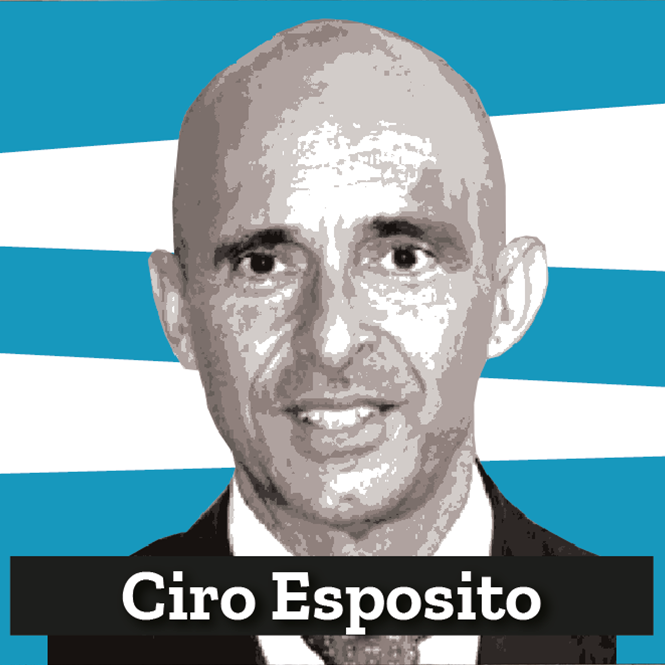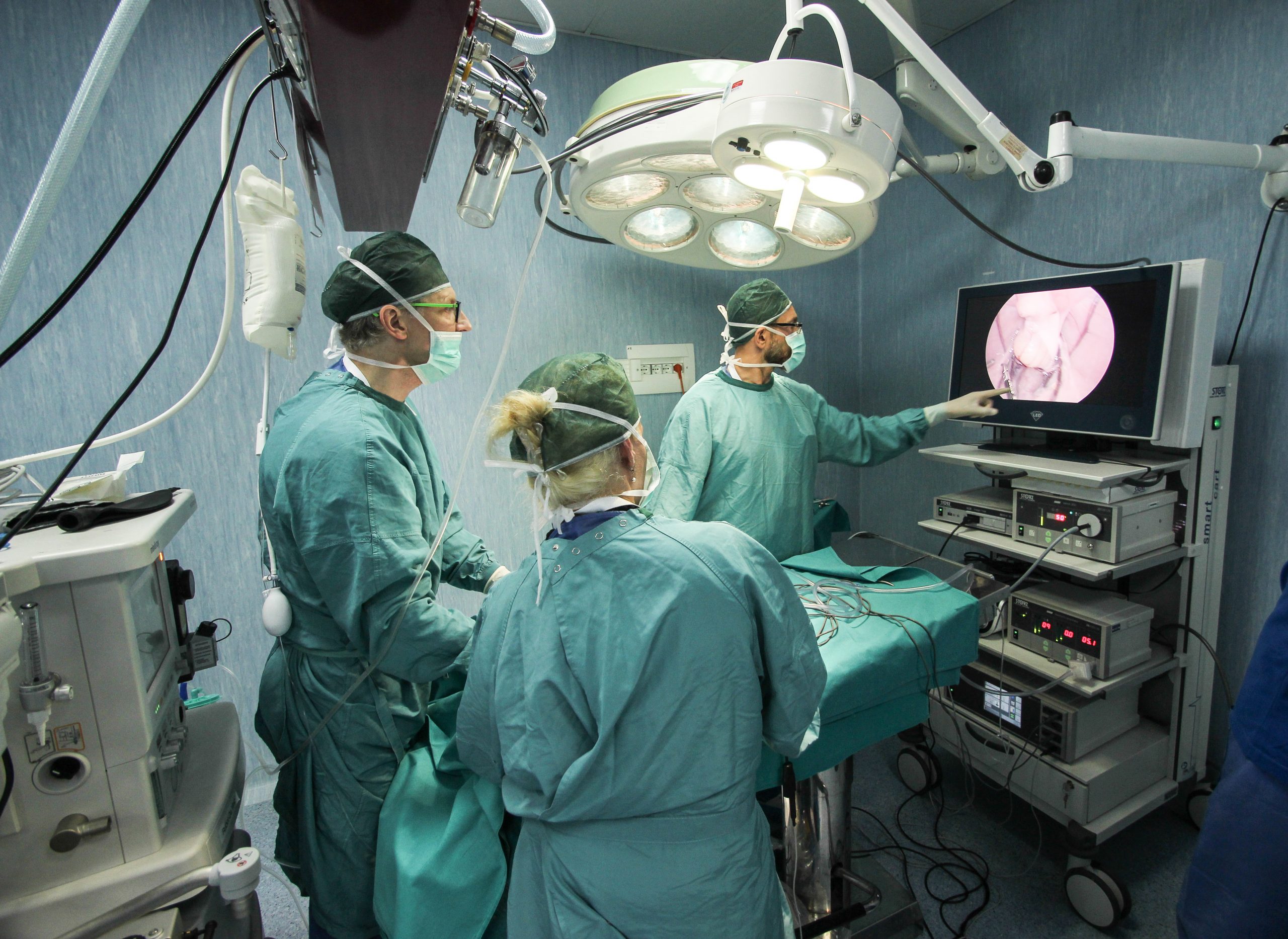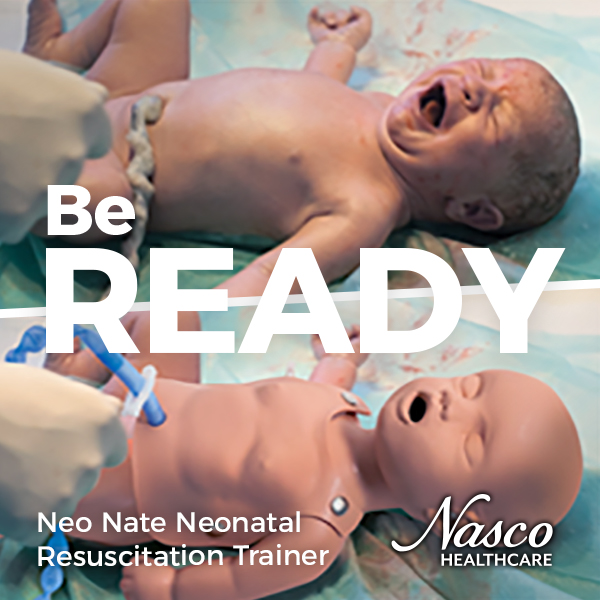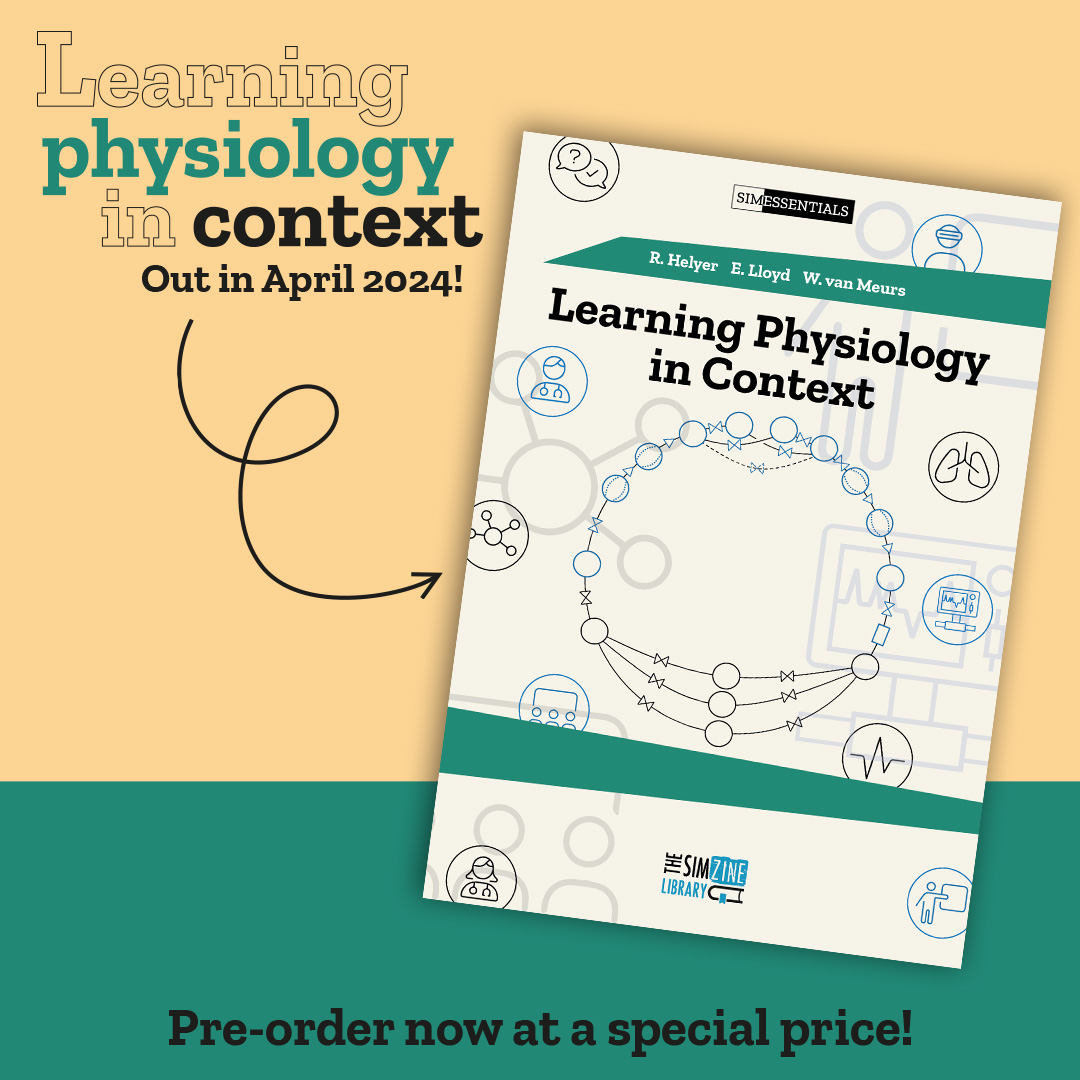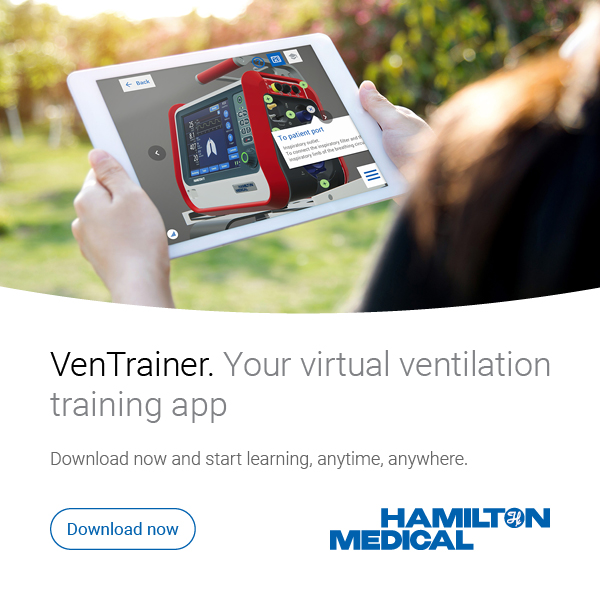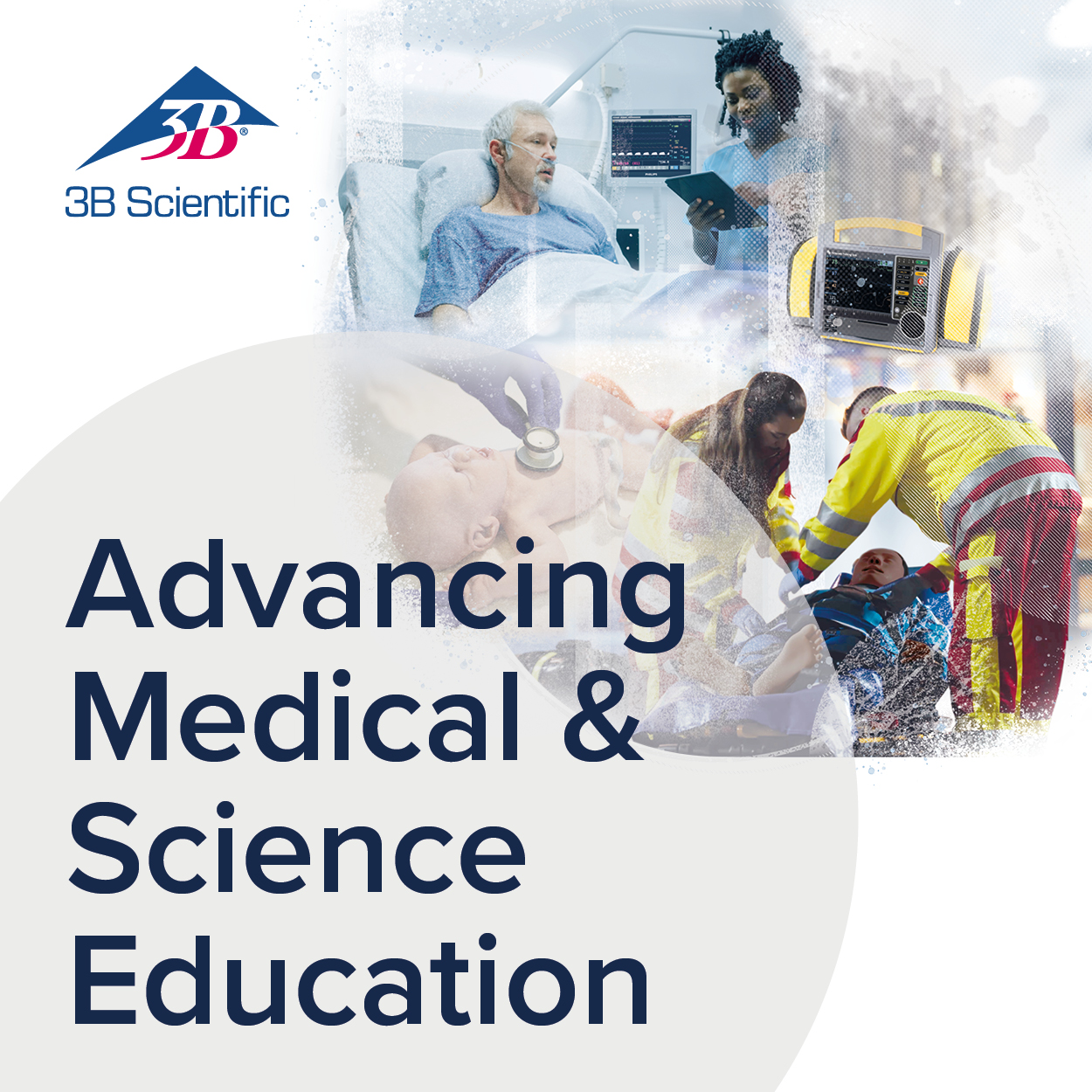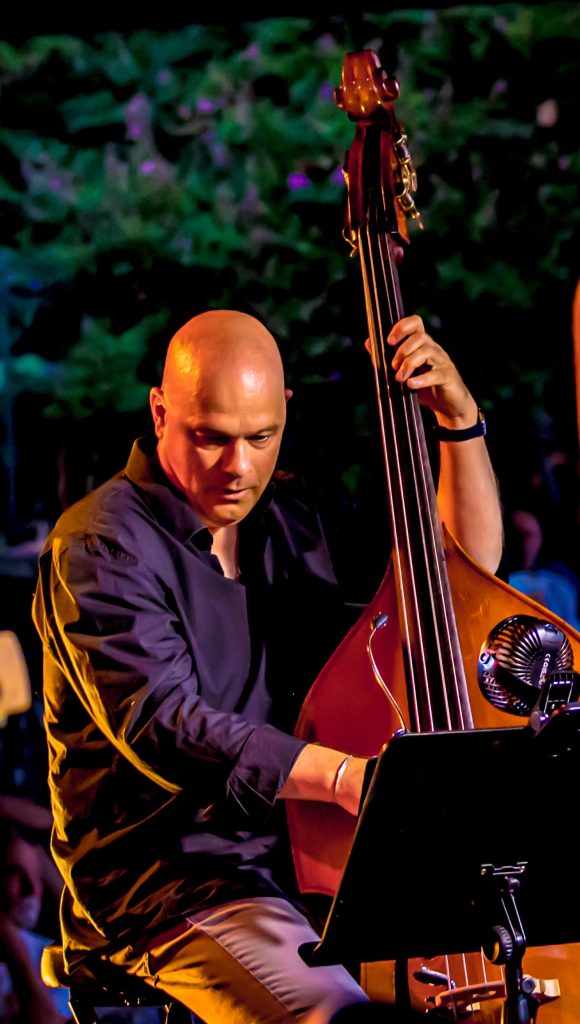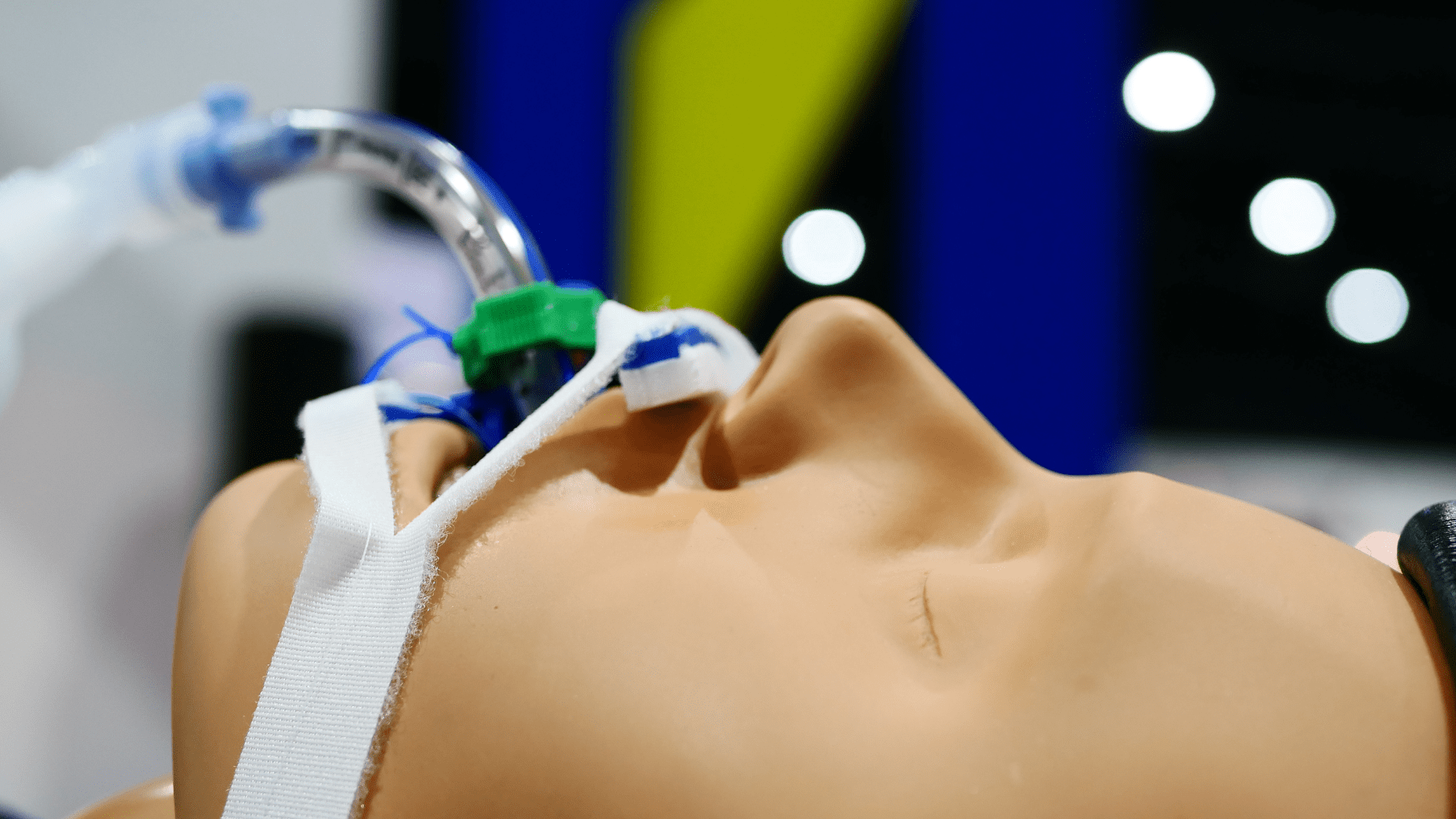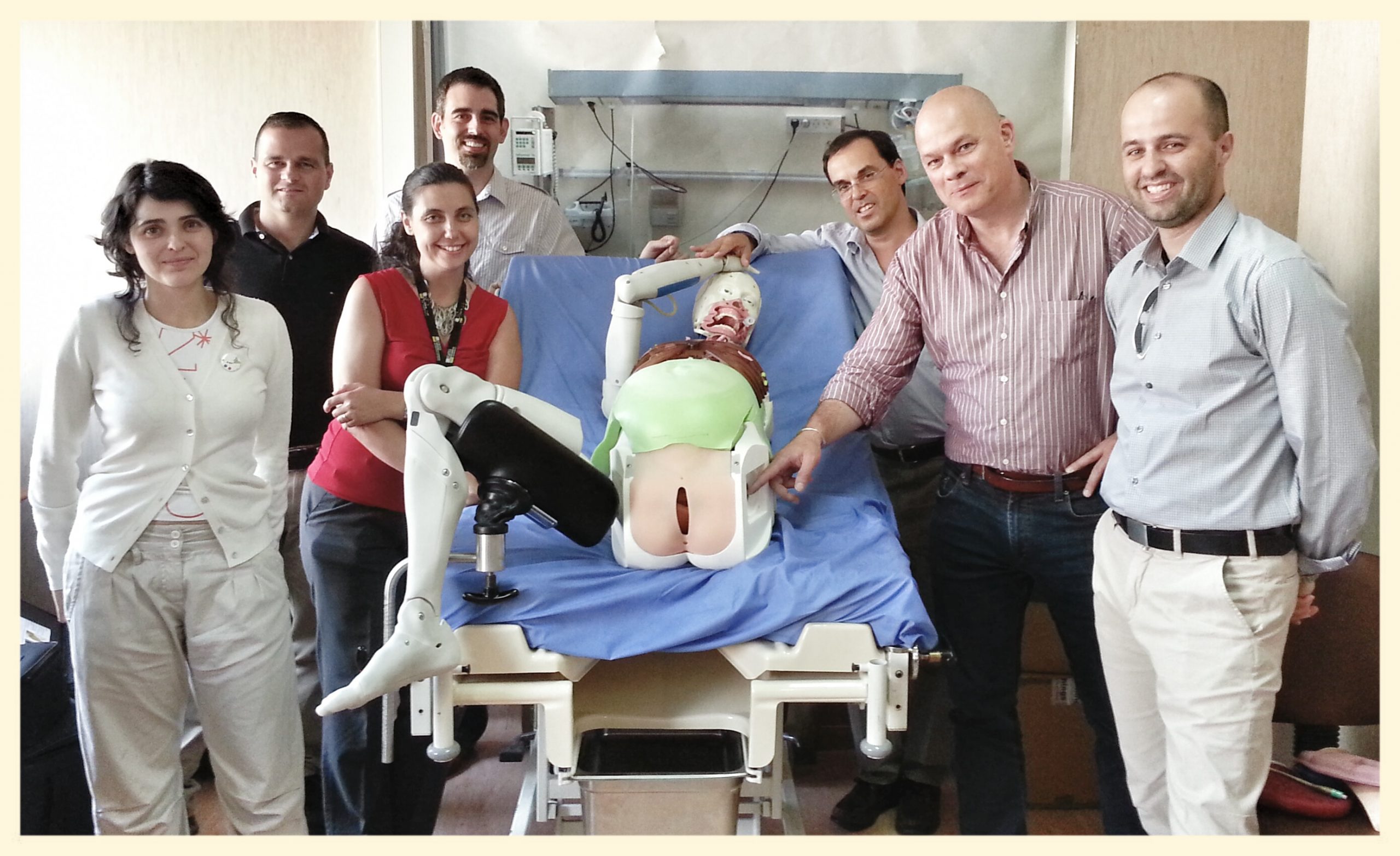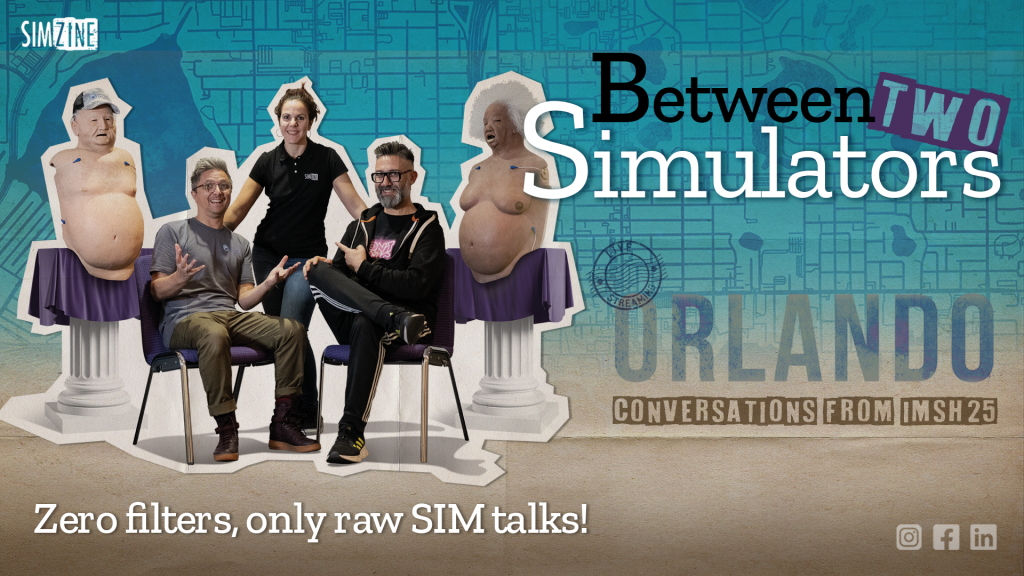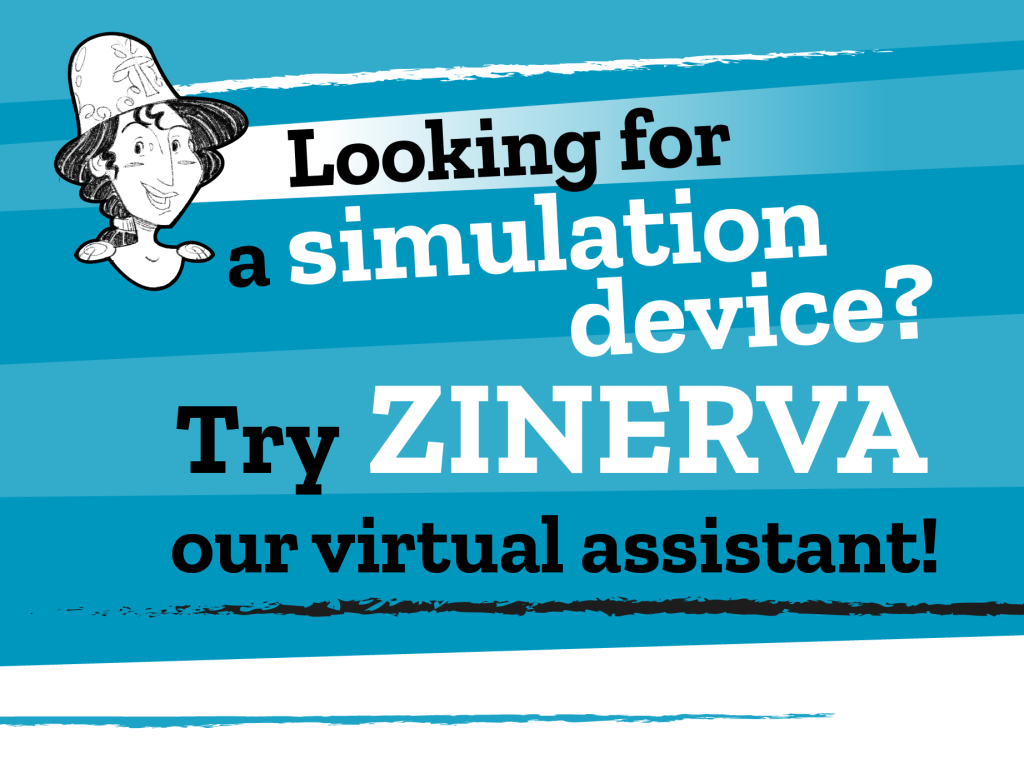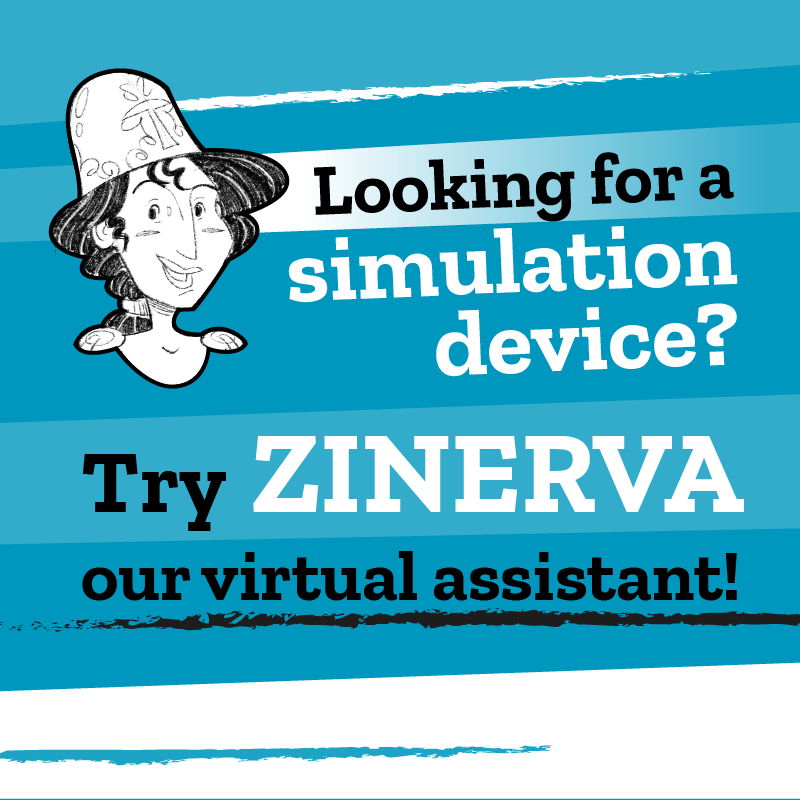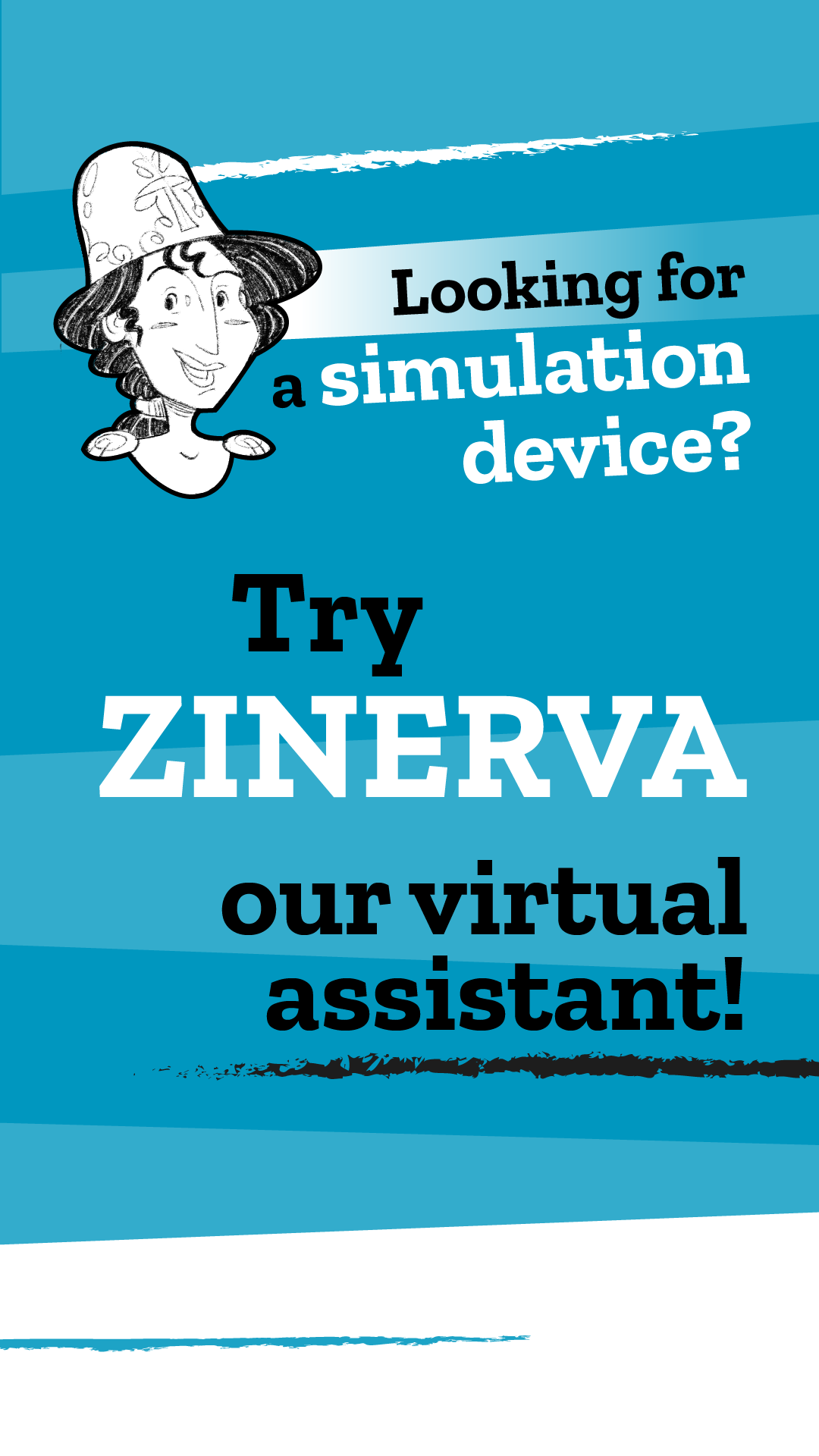The simulation path for pediatric surgeons offered by the Biotechnology Center of Cardarelli Hospital in Naples.
“A surgeon must have 3 qualities: the heart of a lion, the eyes of a hawk and the hands of a woman” (English proverb)
In a world where machines have supplanted many human skills, this working model has made its way into the medicine of the new millennium. Computers, robots and new technologies are now an integral part of our lives, often making it easier, sometimes making it more difficult.
The growing demand for greater specializationin the medical field has placed patient safety among the priority issues in health interventions. In fact, risk management has become the focus of public health interventions, intended as the corporate process aimed at the complete and integrated management of risks, through systematic activities such as the identification and measurement, assessment and treatment of risks. Citizens ask for “safe services” and the demand exercised by public opinion has played a stimulating role in the development of initiatives aimed at increasing the safety of hospitals.
One of these initiatives is the training of young doctors with the use of simulation technology, a method that has now become indispensable and is increasingly adopted in specialization programs.
So, let’s see what changes in the pediatric surgery specialist training course.
Among the revolutions in the biomedical field, new 3D technologies and virtual reality have experienced a growing boom in the surgical field as well.
From 2006 to today, the U.O.C. of Pediatric Surgery of the Federico II of Naples has created a simulation training course for surgeons in minimally invasive techniques focused on the laparoscopic, robotic and endoscopic fields that is developed in the Biotechnology Center of the A.O.R.N. Antonio Cardarelli of Naples.
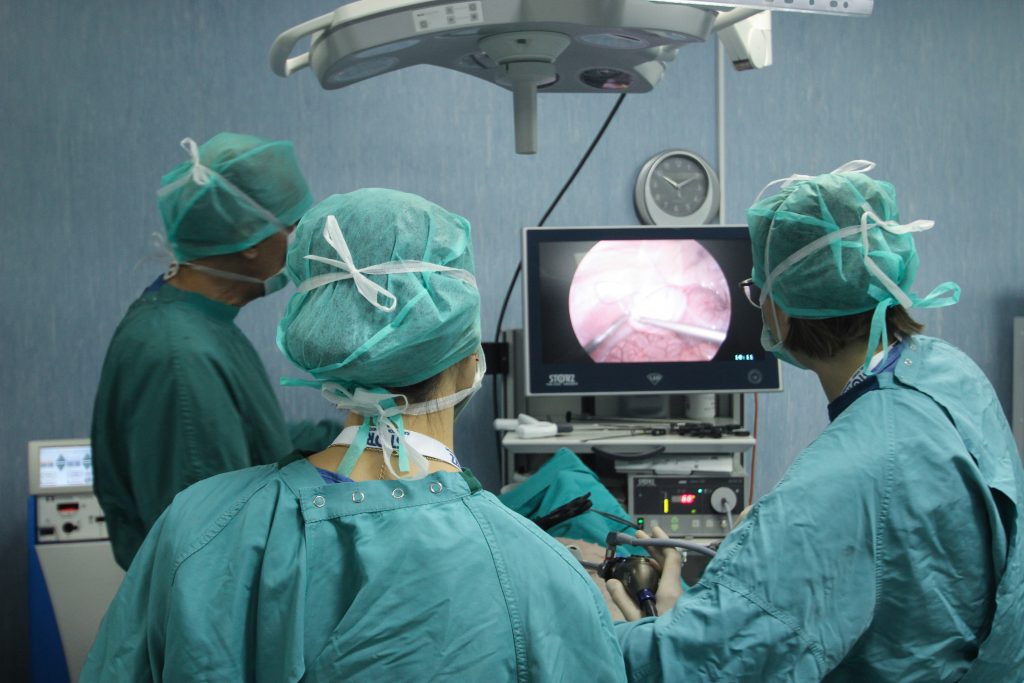
The multidisciplinary training offer in simulation for surgeons aims to deepen and experiment with state-of-the-art technologies, without danger for young patients. Simulation programs for surgeons are designed to make the most of experienced surgeons and train the surgeons of the future. It is a training program aimed at learning the theoretical and practical bases in minimally invasive thoracic, abdominal and pelvic surgery by young surgeons with the aim of acquiring the necessary skillsto be able to face medium-complexity interventions with an adequate level of safety and trust.
The training is organized in several annual theoretical-practical courses that are developed on the animal model, together with the use of a digital video library, which can be accessed independently and free of charge to view the different surgical procedures.
The educational offer in detail
The first course organized by Pediatric Surgery Federico II deals with neonatal surgery and allows inexperienced surgeons to learn the main laparoscopic and robotic techniques with exercises on a rabbit animal model, used precisely because of its weight comparable to that of a baby. During the simulation sessions, with a total duration of two days, the tutors undertake to teach the students the main surgical techniques for the correction of the main neonatal malformation diseases (diaphragmatic hernia, esophageal atresia, inguinal hernia, etc.)
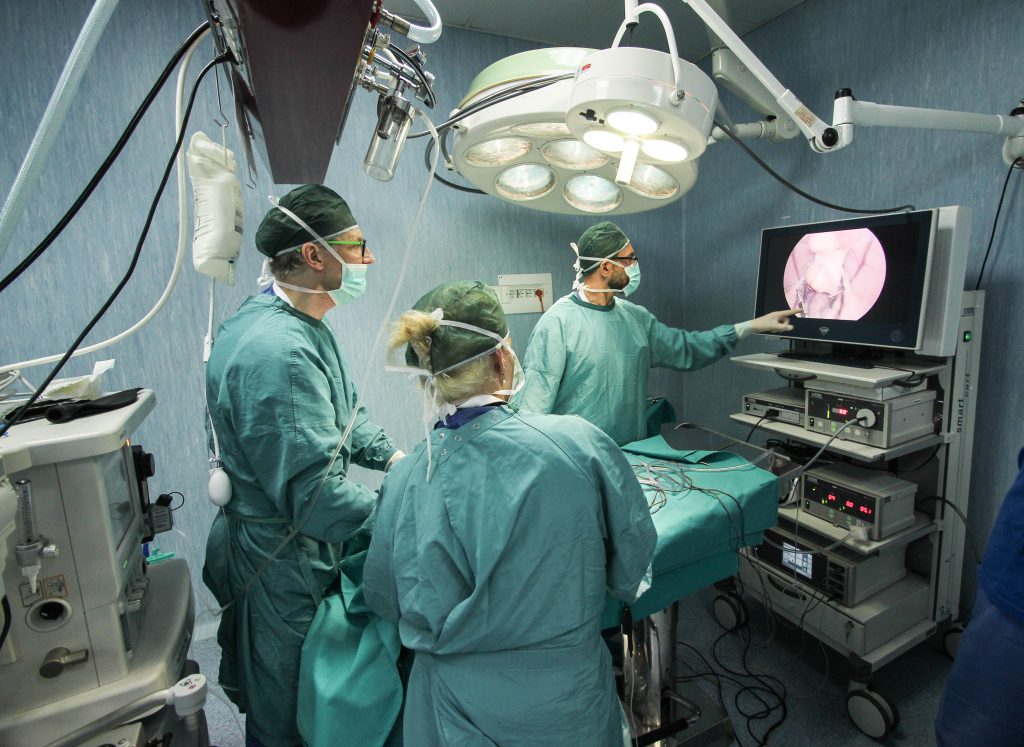
The second course deals with minimally invasive surgery for the correction of the main pediatric urological malformations and is based on the use of the pig as an animal model. The program provides for the presence of a tutor surgeon, an international expert, for every two students present on the operating table.
In addition to the advanced simulation course that uses the animal model and is aimed at young surgeons who are not really beginners, with the aim of increasing the surgeon’s confidence in minimally invasive techniques and managing that whirlwind of emotions that implies the awareness of having another life under your own hands, the Center also offers the possibility of taking a basic skills preparatory course that involves the use of models designed to bring the beginning surgeon closer to the fundamentals of the main pediatric minimally invasive techniques.
The simulation course for surgeons also includes a session on the fundamentals of pediatric robotic surgery, providing theoretical and practical knowledge in the field of minimally invasive surgery in all its aspects, from the organization of the operating room to the surgical act itself. The program involves the use of two Da Vinci Xi robotic simulators, with four consoles, and a series of hands-on exercises ranging from basic skills to more complex methods.
To complete the offer, there is a theoretical part based on presentations with discussion of clinical cases by leading international experts from the different pediatric surgical branches.
But it’s not all about work!
Pediatric minimally invasive surgery courses also include a social and exchange component in which students and teachers, in the setting of the splendid Gulf of Naples and in an international context, can enjoy the beautiful sea, good food and excellent company.
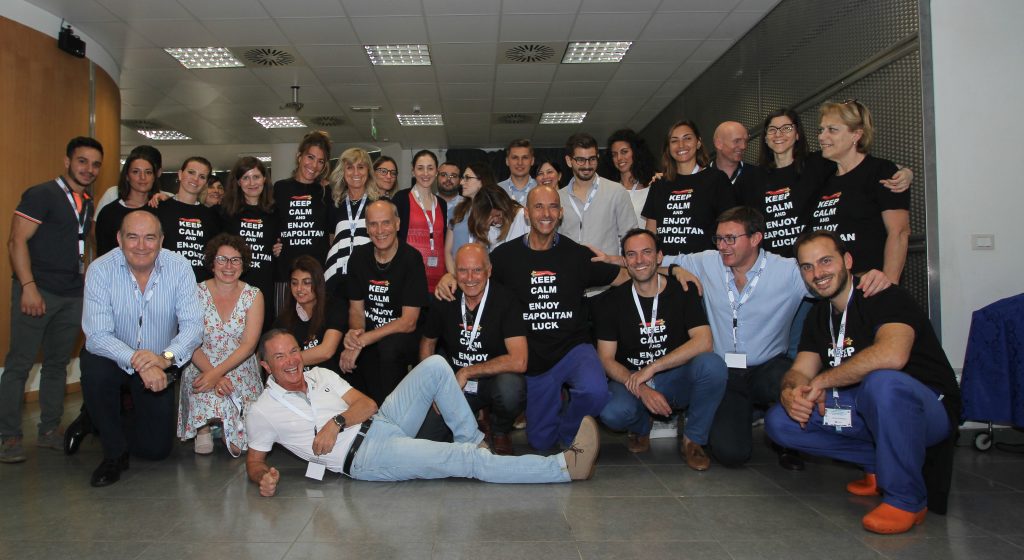
READ ALSO


